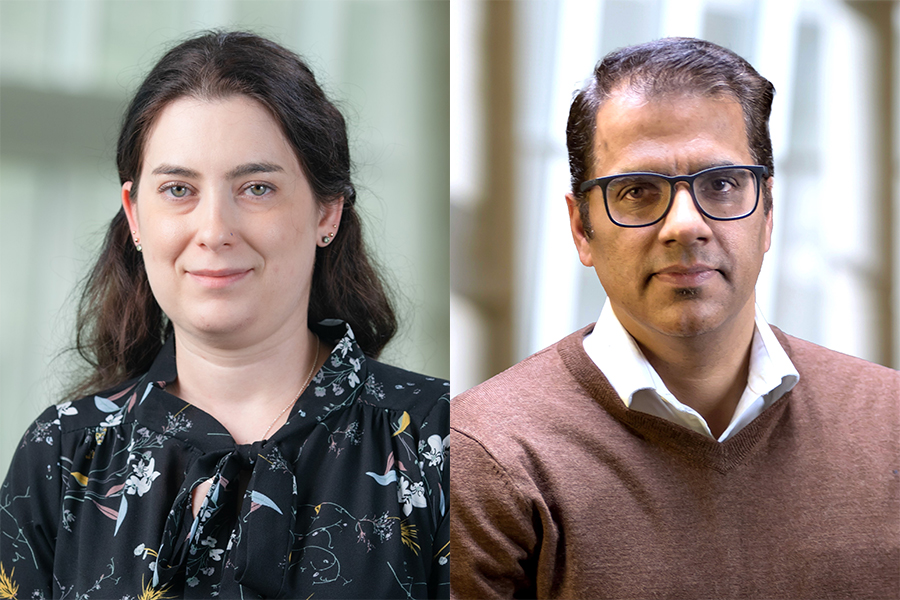Drs. Alyssa Bouska (first author) and Javeed Iqbal (senior author), in addition to other departmental investigators (Weiwei Zhang, Sunandini Sharma, Rauf Shah, Waseem Lone, Mahfuza Afroz Soma, Syed Mehmood, Ravneet Singh Chawla, Tayla Heavican-Foral, Jeffrey Cannatella, Aiza Arif, Tim Greiner, Dennis Weisenburger and Joseph Khoury) have recently published a manuscript in the American Journal of Hematology entitled “Integrative Genomic and Transcriptomic Analysis Reveals Targetable Vulnerabilities in Angioimmunoblastic T-Cell Lymphoma.”
This study was a multi-omics investigation of angioimmunoblastic T-cell lymphomas (AITL), representing ~ 30% Peripheral T-cell Lymphoma entities, but with no major improvement in clinical-outcome for the last 4 decades. The investigative team assembled the largest AITL cohort (n=174) through a consortium of hospitals in Asia, Europe, and North America and used whole exome sequencing (n=124), RNA-sequencing (n=78), and genome-wide methylation analysis (n=44) to define the AITL genetic, transcriptomic, and epigenetic landscape and identify prognostic lesions.
They then validated the presence of recurrent mutations in a subset of sorted neoplastic T-Follicular Helper cell populations and assessed the presence of CHIP mutations in the myeloid and B-cell fractions. Next, they utilized patient-derived xenografts (PDX) to model and characterize the clonal evolution of AITL and performed knock-out of TET2 and PHLPP2 in AITL using in vitro cell models.
This study identified epigenetic regulators, TCR, and PI3K/AKT signaling as key oncogenic pathways defining AITL pathogenesis and PI3K pathway as potential therapeutic targets. An independent phase-II study involving a clinical trial at MSKCC targeting PI3K pathway (with the inhibitor Duvelisib) has reported >65% response rate in AITL, demonstrating the utility of multi-omics studies for rare lymphomas.
